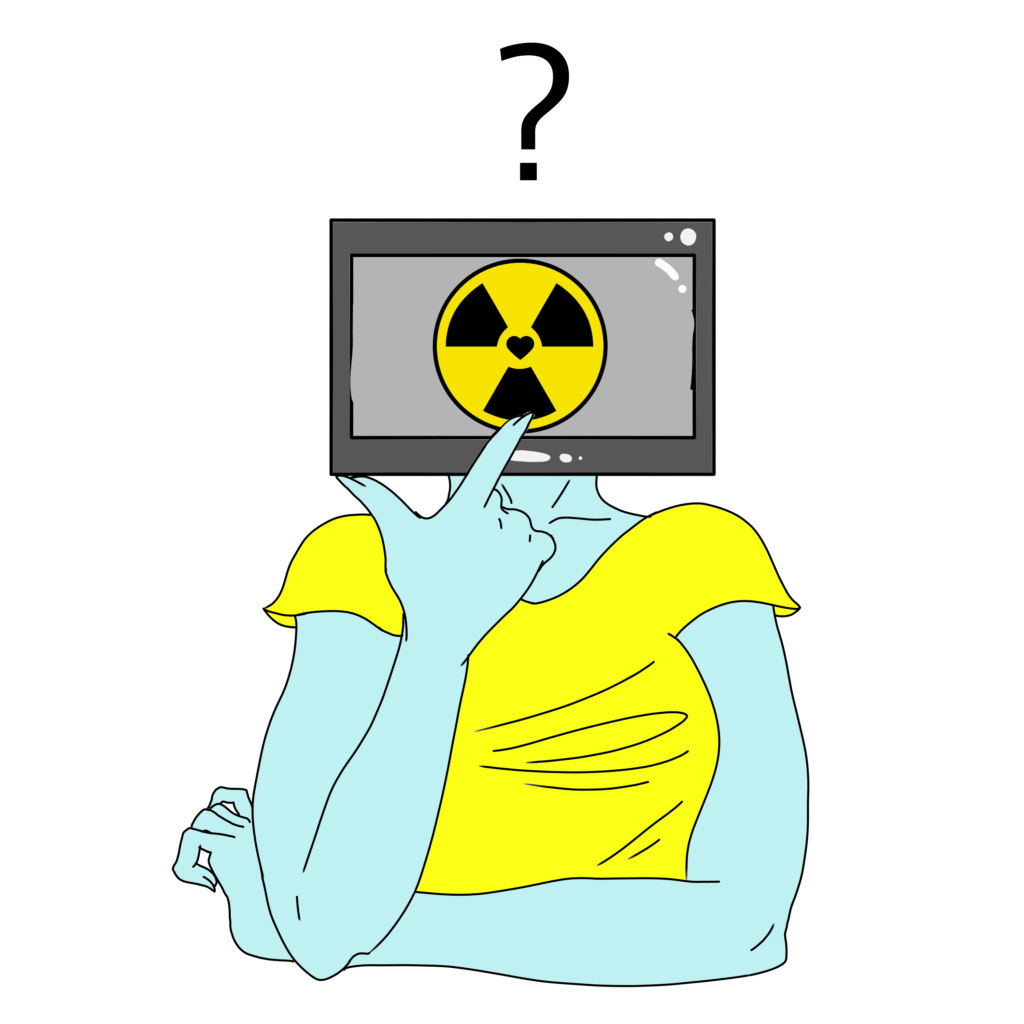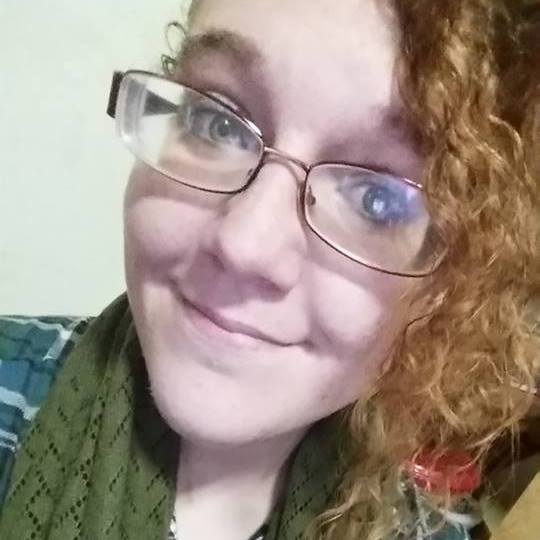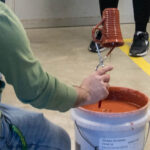
When we think of abuse, we don’t think of college students or teenagers. It’s a widespread problem often overlooked. According to the CDC, 1 in 11 female teenagers has reported physical dating violence. One in 15 male teenagers have also reported physical dating violence.
To take a closer look at toxic and abusive relationships, Kirkwood counselor Angie Ziesman-Weiler offered advice. Her expertise reveals red flags to look for and how to get help if needed.
Red Flags of an Unhealthy Relationship
There are several red flags to look for if you feel you’re in an unhealthy relationship or if you believe someone you care about is struggling in a relationship.
“The relationship consumes your thoughts, feelings, and behaviors,” says Ziesman-Weiler. She also states that when your self-worth is attached to a relationship, it can be unhealthy. “You lose your sense of identity.”
In a toxic relationship, your self-esteem drops. You can develop anxiety and depression. You’ll always be on your toes, waiting for the next fight to unfold. You become more isolated from your support system, including family and friends. You distance yourself or your significant other pulls you away from them.
Do they threaten to commit suicide if you leave? Do they withdraw affection, guilt trip you, or ignore you in order to manipulate into doing things for them? Do they humiliate you, whether in public or private?
Being unreasonably jealous, having extreme mood swings, or constantly make fun of you are also abusive. Your partner will need to always be in control. This includes constantly checking up with you and needing to know where you are at all times. If any combination of these things are true, then you are in an emotionally abusive relationship and need to get help.
Along with being emotionally abusive, there are signs of physical abuse you need to look out for. Does your partner threaten to hurt you if you don’t do what they say? Do they physically harm you in any way, even over seemingly insignificant things? Do they anger easily? Do they take their anger out on you or those you love?
They may force you to do things you are not comfortable with, like sex. They may break your things, act excessively jealous and possessive, and control who you can see and where. If any of these things happen to you, get help.
Most importantly, counselor Ziesman-Weiler says, “It doesn’t feel safe to be your authentic self.”
Setting Boundaries in Unhealthy Relationships
Setting boundaries in any relationship is important. “If possible, set boundaries in the beginning of a relationship, so the other person is clear what you will and won’t tolerate,” says Ziesman-Weiler.
Take small steps when setting boundaries with those you’re comfortable with. You should “gradually begin setting boundaries in the unhealthy and toxic relationships.” It’s a good idea to let this person know that you’re setting a particular boundary and why you need to do so.
Before you can begin, you need to sit down and examine past relationships. This gives you an idea of who you need to set boundaries with and why you might feel uncomfortable setting those boundaries. There will be situations in which the other person might be resistant to change.
“Remember, we can’t control how the other person responds, we can only control whether we are a clear communicator.”
Seeking Help
The first step to take is to determine if you’re in an abusive relationship or if you’re in a salvageable relationship.
“Do both individuals have insight and awareness into what is and is not working? If not, a person might consider leaving,” says Ziesman-Weiler.
It’s common for people to struggle with leaving an abusive relationship. You can be terrified of the consequences of leaving. It gets harder if you feel you no longer have a support system to turn to.
It’s important to find support if you’re afraid to leave an unhealthy situation. Even if you’ve distanced yourself from your support system, ask for a helping hand. Counselor Ziesman-Weiler advises it would be helpful to go to counseling or therapy as well.
If you see that someone you love is in a toxic relationship, let them know that you are there for them. They need to know that you’ll support them in any way that you can. “Be honest about your concerns, listen for any concerns they might express, recognize change is hard and takes time.”
There are resources if you find yourself in an abusive relationship. You can find resources here: https://www.linncounty.org/1382/Resources. Ziesman-Weiler also suggests Waypoint and Friends of the Family as great resources.
Kirkwood also has free and confidential counseling services. You can check out their services at: www.kirkwood.edu/counseling.

Categories: Feature










